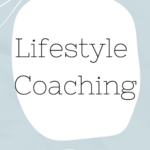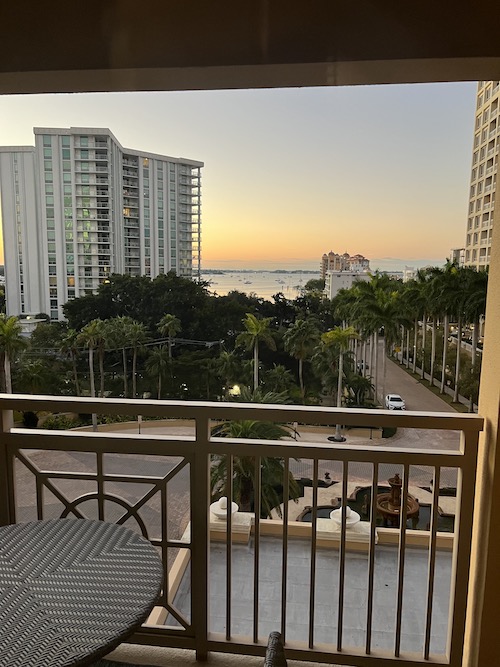All Emotions are Valid and That Doesn’t Mean They Should Dictate Your Actions
There are no wrong emotions, they all are valid. We cannot control how we feel about circumstances or events. Your truth is your truth. The initial feelings you have in response to events are always okay.
What you can control is how you choose to react and respond even when emotions are heightened. Just because your feelings and emotions are valid, doesn’t mean they give you an excuse to behave however you want. It’s important to keep in mind that your initial emotions do not consider many factors you’d prefer to consider when thinking with a rational mind and not one overcome with strong feelings. Your emotions do not consider your goals, the relationships you’d like to keep, or the work you’ve put in thus far.










